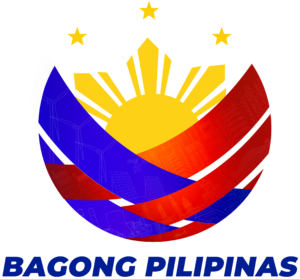3 March 2023, 1:30 p.m., Office of the Director,
National Library of the Philippines, Manila
On behalf of the National Historical Commission of the Philippines, I express my utmost gratitude to the National Library of the Philippines, especially to its Director, Cesar Gilbert Adriano, for responding to our invitation to collaborate in enriching the National Memory Project. Before anything else, let me share with you what the National Memory Project is all about. It simply envisions democratized Philippine Historical Materials online for free. The NHCP believes that democratization empowers people and brings history closer to them. We want our countrymen and other interested people around the world to appreciate Philippine history better by letting them experience the historical wealth they have. We want to equip our scholars and educators with materials that may enrich their scholarship and teaching. We also want to inspire future scholars to deepen their understanding of who they are and what have we become as a people, following what the scholars before them have discovered and discoursed.
The NLP’s response to our invitation coincided with the 125th Anniversary of Philippine Independence and Nationhood 2023-2026. Especially the Philippine Revolutionary Records, the NLP’s contribution will surely excite the students, scholars, and enthusiasts of Philippine history. But we are looking forward to new research and discoveries this endeavor between the NHCP and the NLP may inspire.
Complementary to the NLP’s contribution to the national memory project are the humble collections of the NHCP found primarily in the Central Office. These are the rare Filipiniana books, manuscripts, letters, photographs, postcards, audio-visual media, ephemera, and classic NHCP publications. We are continuously digitizing these for about twenty years now.
The NHCP alone cannot accomplish this task. We need collaborators like the NLP that have a plethora of historical sources. We need to respond to the call for the democratization of information happening around the world. The NHCP attests to this breakthrough because our research, books, and museums were and are continuously being enriched by the sources accessible online via the University of Santo Tomas Benavides Library, the Filipinas Heritage Library, the Biblioteca Nacional de España, the University of Michigan Library, the U.S. Library of Congress, and the New York Public Library, among others.
We are hoping that this will not be the last time the NLP contributes to the National Memory Project. Rest assured that the platform will be made available the soonest as possible. It will remain attuned to the needs of time and technological changes, notwithstanding our commitment to respect the ownership of the contributors and the intellectual property rights of the land.
As our humble token of appreciation, the NHCP management decided to officially transfer to the NLP the Historical Data Papers of the Province of Pampanga. These materials are presumed to be accidentally mixed with the collection of our predecessor, the National Historical Institute when it was still here in the NLP Building in the 1980s. These missing documents will now complete the digitized version of the Historical Data Papers.
May the NHCP and the NLP inspire others to join our cause. May the grateful Filipino people repay the NLP with unending thanks for this nationalistic effort. Let’s continue advancing Philippine history scholarship.

